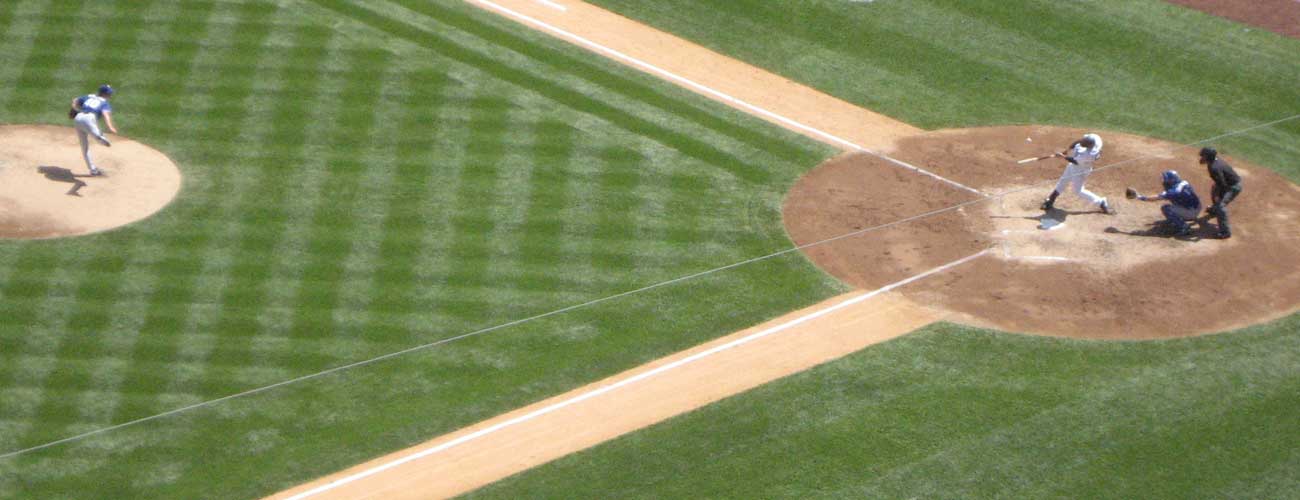At a training session last week, some sports editors were talking about things they always change.
“If someone says that a run proved to be the winning run, I change it,” one said. “It wasn’t proved to be anything. It was the winning run.”
The same editor said, “And if someone writes that a team was within one and a half games of the lead, to me that means they were only a game away, because within means less than a game and a half.”
That editor is on cliché patrol, seeking phrases that writers produce without thinking, and that can make writing sound dreadful. (Of course, this assumes any editor has the time to do that hunting down. One section of the training discussed what to let go, and those kinds of changes might fall to the side in a tight deadline situation.)
It’s nice to revisit some journalism clichés every so often, to remind everyone that they are clichés. Sports is where many of them occur. Sports is different, but …
As we wrote in March, the Associated Press added a stylebook entry urging a move away from “hackneyed words and phrases, redundancies and exaggerations.” It specifically says: “Home runs are homers, not ‘dingers,’ ‘jacks’ or ‘bombs.’ ”
How’s that working out?
In ballpark figures, a Nexis search uncovers more than 600 “dingers” in newspaper copy in reference to home runs since the change was made in February, with the Lewiston Morning Tribune in Idaho taking the lead in hits. Only about 60 “jacks” appeared in the same time, but they tended to travel in pairs or triplets in the same story. Fewer “bombs” went off, but there were real “bombs” out there, so maybe some sensitivity was coming into play. Baseball season hadn’t started when the change was made, and the season ain’t over ’til it’s over. Plenty of time for more “dingers,” “round-trippers,” or “goners” to get hit out of the park.
Someone even collected synonyms for “home run.”
There’s nothing innately wrong with using clichés, unless they mislead, but as we’ve noted, clichés are less creative than coming up with a unique description for that event. And not everyone agrees that some of these alternative words for “home runs” are evil: As columnist Dick Hilker wrote in The Denver Post, “If all home runs are merely ‘home runs,’ how would readers learn that some are ‘moon shots,’ or ‘tape-measure jobs?’ ”
After all, he said, hackneyed phrases “are part of our nation’s heritage. If baseball writers and broadcasters quit using them, they could eventually fall from public use altogether.”
Some of you may detect a bit of tongue in a cheek.
But not here:
Homer, blast, bomb, moonshot, touch ’em all, deep fly, dialing long distance, whatever you want to call it, Samford does it the best in the country.
There, the clichés are used for a purpose: to emphasize Samford’s hitting power.
That usage is more of a home run than just using them without thinking.
Merrill Perlman managed copy desks across the newsroom at the New York Times, where she worked for twenty-five years. Follow her on Twitter at @meperl.

